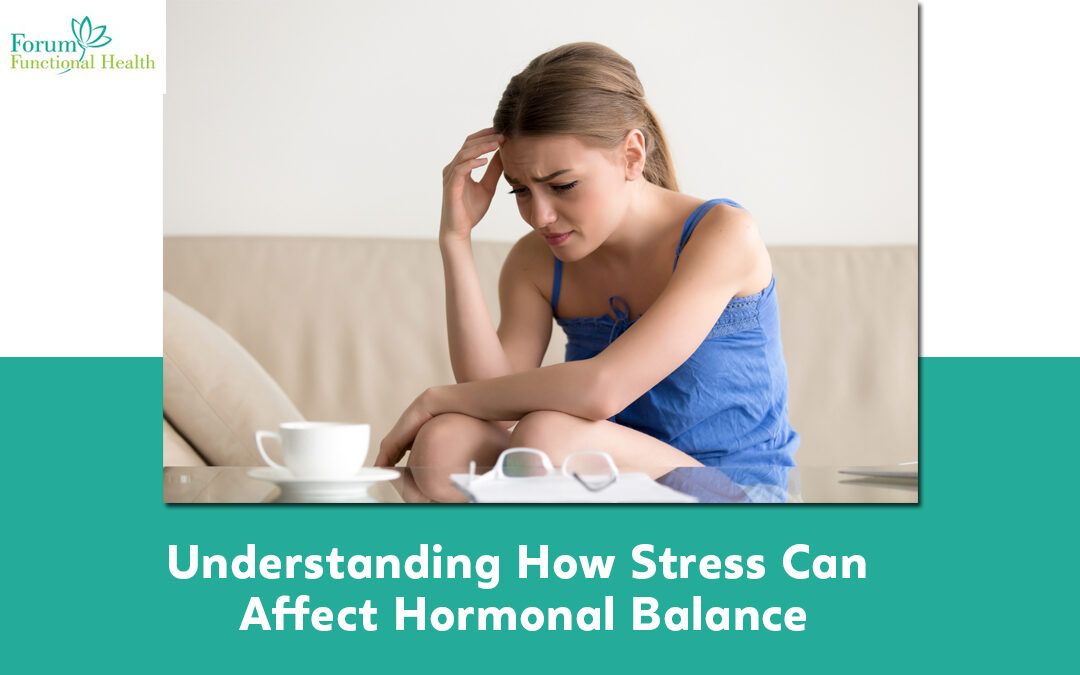As women, our hormones play a vital role in our overall health and well-being. From regulating our menstrual cycles to influencing our mood and energy levels, hormones are constantly at work in our bodies. However, when stress enters the picture, it can have a significant impact on our hormonal health. In this article, we will explore the ways in which stress affects hormonal balance in women and offer some tips on how to manage stress for better overall health.
The Connection Between Stress and Hormones
When we are under stress, our bodies release a hormone called cortisol. This hormone is often referred to as the “stress hormone” because it is the body’s natural response to stress. While cortisol is necessary for our bodies to function properly in stressful situations, chronic stress can lead to an overproduction of cortisol, which can disrupt the delicate balance of our other hormones.
Impact on Menstrual Cycles
One of the most noticeable effects of stress on hormonal health in women is its impact on menstrual cycles. High levels of stress can lead to irregular or missed periods, as well as more severe symptoms of premenstrual syndrome (PMS). This is because cortisol can interfere with the production of estrogen and progesterone, two key hormones that regulate the menstrual cycle.
Mood and Energy Levels
In addition to affecting our menstrual cycles, stress can also influence our mood and energy levels. When cortisol levels are elevated for an extended period of time, it can lead to feelings of anxiety, depression, and fatigue. This is because cortisol can disrupt the production of serotonin and dopamine, two neurotransmitters that play a crucial role in regulating mood and energy levels.
Managing Stress for Better Hormonal Health
While it may not be possible to eliminate stress from our lives entirely, there are ways to manage stress in order to maintain hormonal balance and overall health. Here are some tips for managing stress:
Practice Mindfulness and Meditation
One of the most effective ways to manage stress is to practice mindfulness and meditation. These practices can help to reduce cortisol levels and promote a sense of calm and relaxation. Try setting aside time each day for meditation or deep breathing exercises to help you de-stress.
Exercise Regularly
Regular exercise is another great way to reduce stress and improve hormonal health. Physical activity releases endorphins, which are known as “feel-good” hormones that can help to combat the effects of cortisol. Aim to incorporate at least 30 minutes of exercise into your daily routine to help manage stress.
Eat a Balanced Diet
Eating a healthy, balanced diet can also help to support hormonal health and reduce the impact of stress on your body. Avoiding sugary and processed foods, and instead opting for nutrient-rich foods like fruits, vegetables, whole grains, and lean proteins can help to keep your hormones in balance.
Conclusion
Stress can have a profound impact on hormonal health in women, leading to a host of symptoms and health issues. By taking steps to manage stress through mindfulness, exercise, and proper nutrition, you can help to maintain hormonal balance and improve your overall health and well-being. Remember that it’s important to listen to your body and seek support from healthcare professionals if you are experiencing chronic stress or hormonal imbalances. Take care of yourself and prioritize your hormonal health.
Stay healthy and stress-free!

